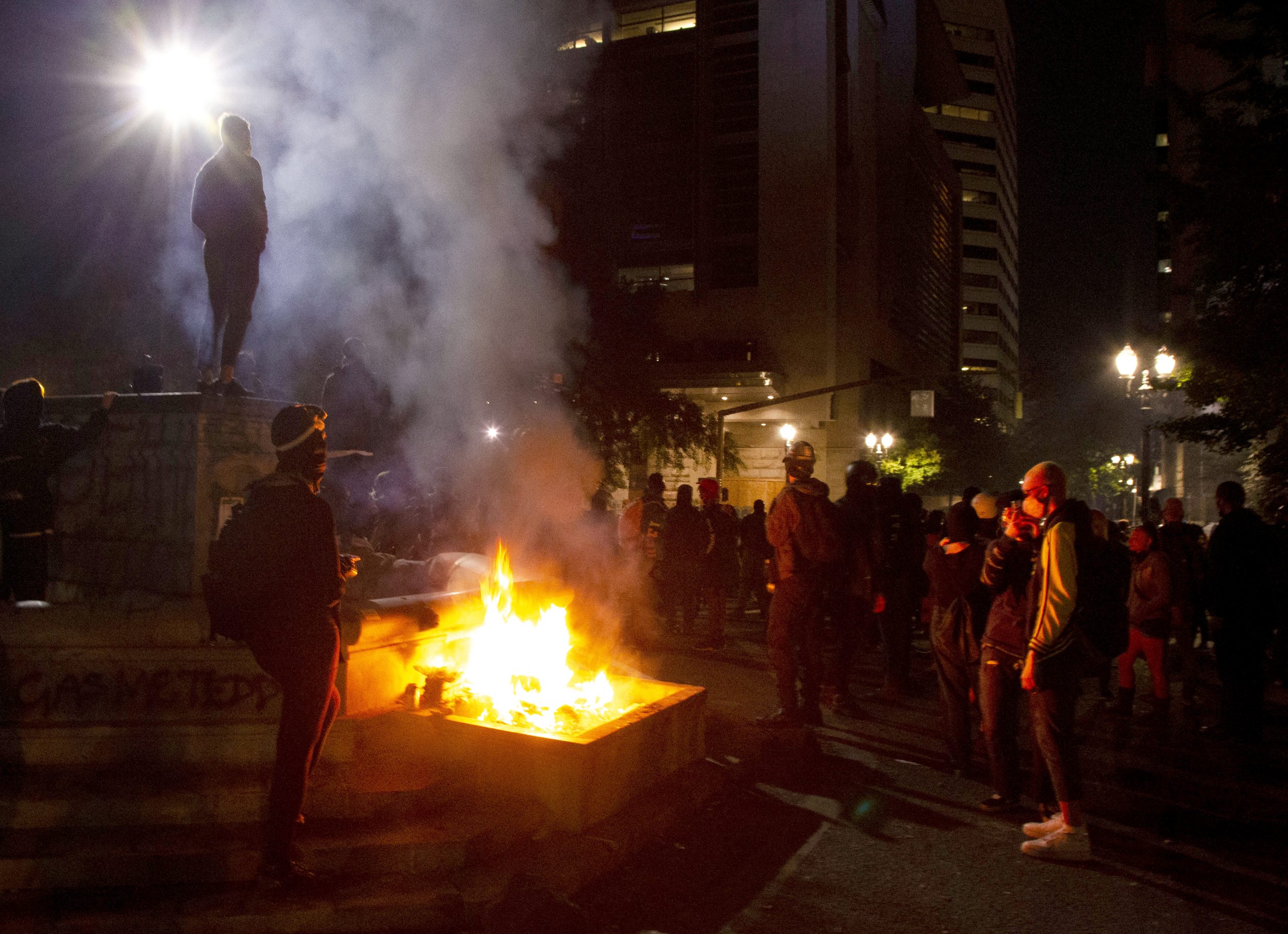Andy Ngo, the witness Republican lawmakers called to speak at a domestic terrorism hearing, criticized how the media have covered violence committed by antifa and other far-left groups.
The House Subcommittee on Crime, Terrorism, and Homeland Security held a hearing on Wednesday, exactly seven weeks after a mob laid siege to the Capitol following a rally by then-President Donald Trump.
While Democrats on the House Judiciary Committee called three witnesses who largely testified about right-wing extremism, Ngo, editor-at-large at the Post Millennial, was asked questions and testified about domestic left-wing extremism, including antifa. Ngo took issue with the way some in the media have covered riots and violence on the Left and said it feeds into the perception that it is not a major issue.
GOP Rep. Andy Biggs of Arizona, recently named the subcommittee’s ranking member, asked Ngo if he believed antifa would end up going away if the matter is not discussed in the media or Congress. Ngo, who has covered rioting in the Pacific Northwest, pointed out that even after President Biden won the election, there has been violence.
SENATE COMMITTEE SHOULD EXAMINE ALL TYPES OF POLITICAL VIOLENCE
“No, they’re not going away,” Ngo said, adding that after the Nov. 3 election, the National Guard was activated in Portland, Oregon, by the state’s governor as “more than 100 masked militants marauded through downtown destroying property.”
He pointed out that left-wing rioters in Portland vandalized a church that provides services to homeless people following the election. Additionally, Ngo noted antifa violence in Portland and Seattle on the night of Biden’s inauguration.
Ngo said he thinks “the lack of understanding” about violence from antifa and other far-left groups is because of a dearth of attention from major news outlets.
“There is not a lot of mainstream media coverage of it,” he said. “Lawmakers in D.C. will get their media coverage from the New York Times or Washington Post.”
He said that while sometimes those publications will send journalists to the Pacific Northwest to cover the violence, “by and large, they don’t have somebody on the ground every day as riots are breaking out.”
Ngo cited the so-called Capitol Hill Organized Protest, an autonomous zone set up by rioters in Seattle over the summer after police abandoned a precinct and allowed protesters to take over the building and the nearby area. He testified that “people were bringing with them homemade explosives in their backpacks.”
“It’s my understanding of the law that these do count as terrorist acts,” Ngo said, “but they’re not being reported as such or perceived as such for political reasons.”

The editor said activists referring to themselves as “anti-fascist,” which antifa is short for, use that phrase because it is “essentially marketing and branding to mask what is a very extremist, radical agenda to destabilize the republic.”
Earlier in the hearing, an analysis from the Anti-Defamation League was cited, which found that 75% of extremist-related murders in the past decade have been linked to right-wing extremists.
CLICK HERE TO READ MORE FROM THE WASHINGTON EXAMINER
“Does that mean that the other 25% doesn’t deserve attention? I don’t think so,” Ngo said. “It’s about keeping all Americans safe, and that includes investigating all extremist ideologies.”

